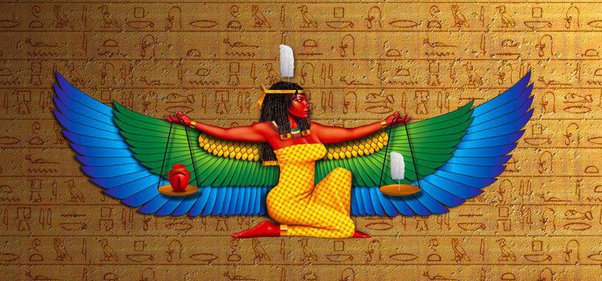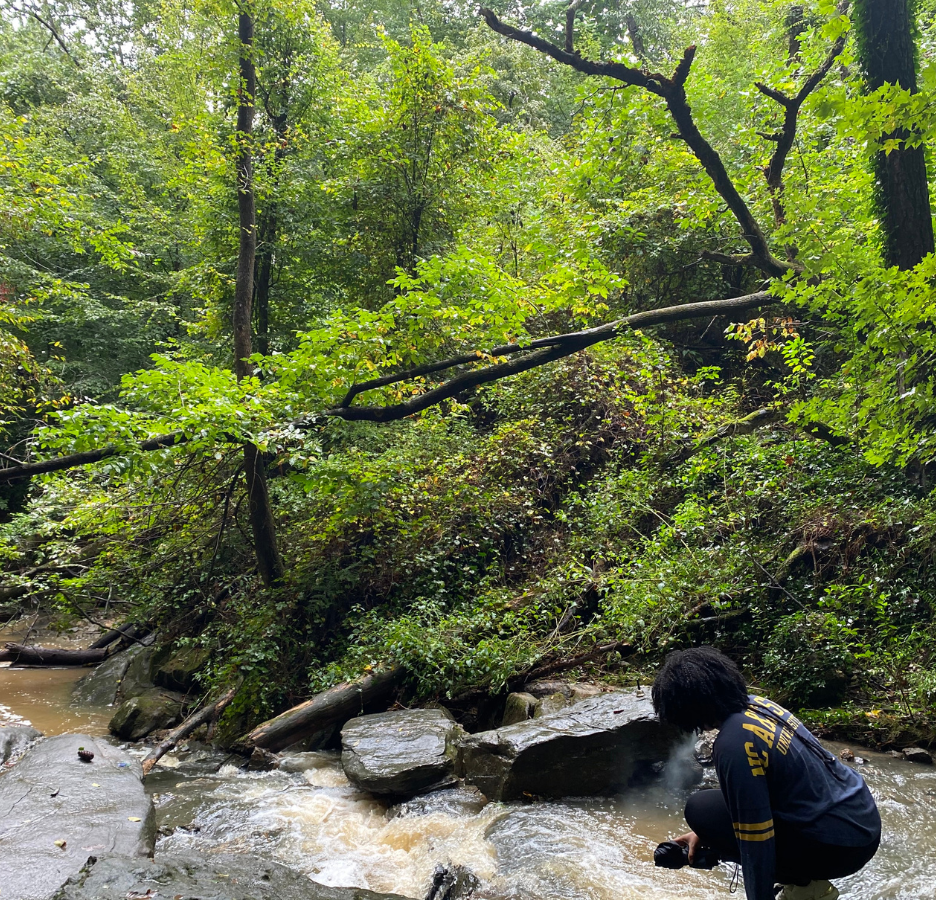
Judgment is an inherent part of the human experience, deeply embedded in our decision-making processes. Just as we naturally experience emotions like joy, judgment also arises instinctively as we navigate the world. It serves a functional purpose, helping us evaluate new situations, people, or ideas based on our previous experiences. When we encounter something unfamiliar, our minds quickly assess whether it aligns with our existing knowledge and whether it is likely to be favorable or unfavorable.
In essence, judgment is linked to our survival mechanisms—our fight or flight response. When faced with uncertainty, our brains rely on quick, instinctive evaluations to determine the best course of action. This automatic process helps us respond effectively to new stimuli and make decisions that ensure our well-being. However, the challenge arises when we become overly attached to our judgments or allow them to cloud our interactions with others.
The problem with judgment often lies in its rigidity...

When we cling to our initial, quick assessments of people or situations without allowing room for growth and understanding, we risk creating barriers to genuine connection. For instance, holding onto preconceived notions about someone without taking the time to truly get to know them can lead to unfair judgments and disrespectful behavior. This is where the issue with judgment becomes evident—not in the act of judging itself, but in the inability to evolve our perceptions as we gain more insight.
Being mindful of how we judge others involves active intention and self-awareness. It’s essential to examine our judgments and question whether they are rooted in our biases or preconceived notions. Are we giving others the benefit of the doubt? Do we allow people to be themselves before making a decision about them? By approaching judgment with patience and openness, we can transform it into a tool for positive change.
When you feel judgment arising within you, consider it an opportunity for introspection. Your root chakra, associated with your sense of security and groundedness, may be signaling you to pay attention to your surroundings and your reactions. Reflecting on these moments of judgment can reveal more about your own values and biases than about the person or situation being judged.
The Bible acknowledges judgment as a natural aspect of human interaction.
This verse underscores the idea that while judgment is an inherent part of life, it should be tempered with introspection and empathy. It encourages us to reflect on how we judge others and to consider how we would like to be judged in return.

Ultimately, judgment can be a gateway to greater self-awareness and personal growth. By consciously choosing to challenge and refine our initial judgments, we can foster a more compassionate and understanding world. After all, don’t we all strive for peace and love? By cultivating a mindful approach to judgment, we create the mental and emotional space needed to build a more harmonious and empathetic world.
Original post date: June 8th, 2021.






